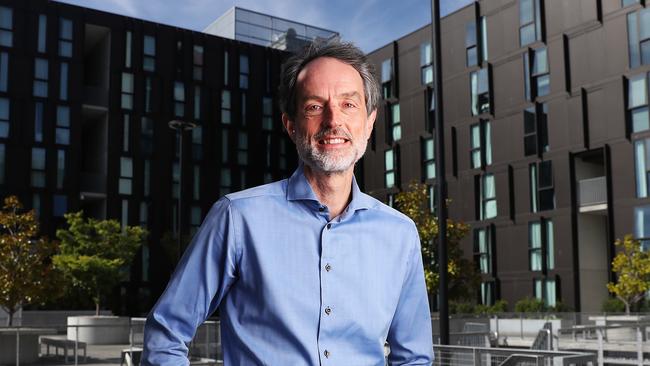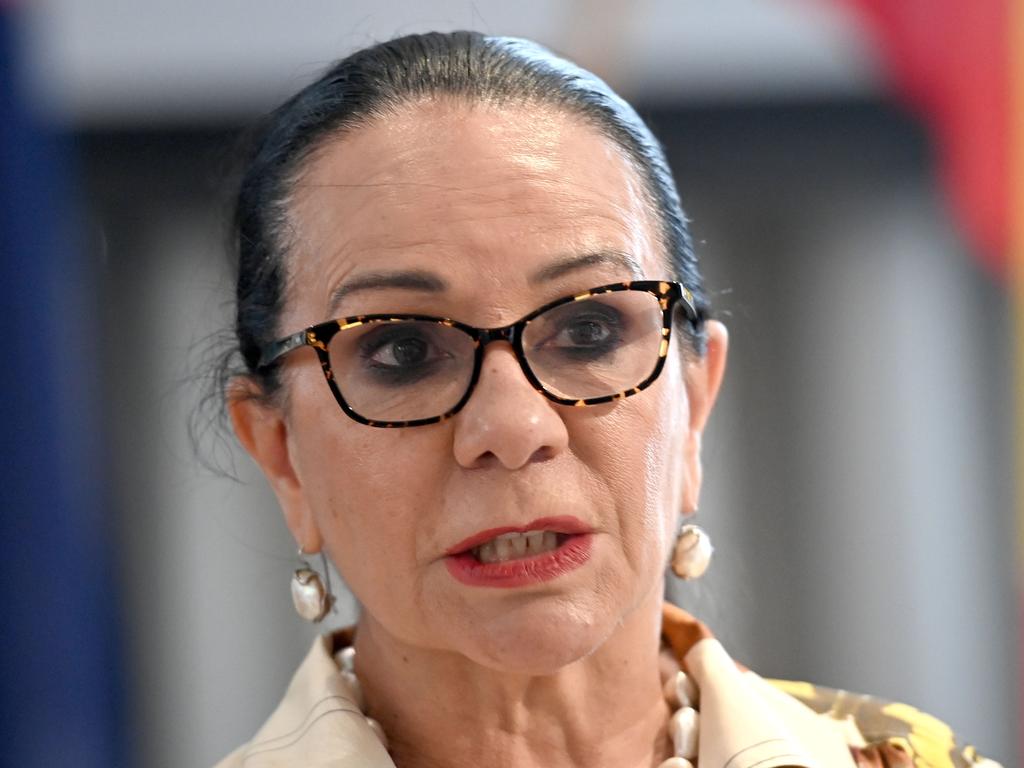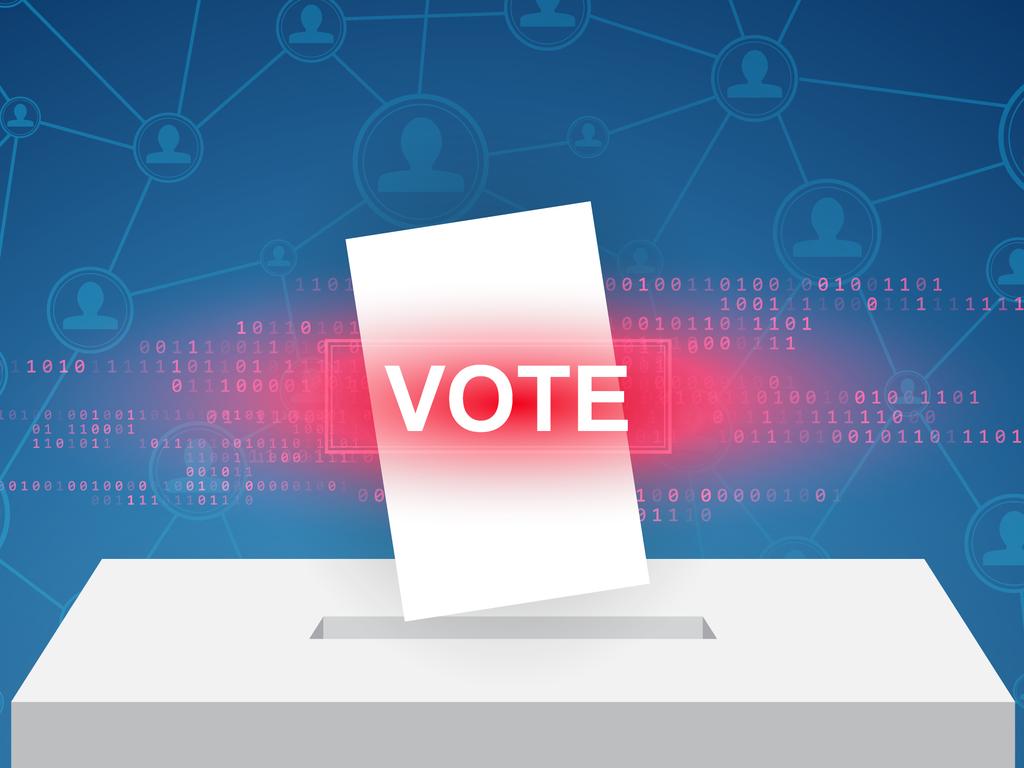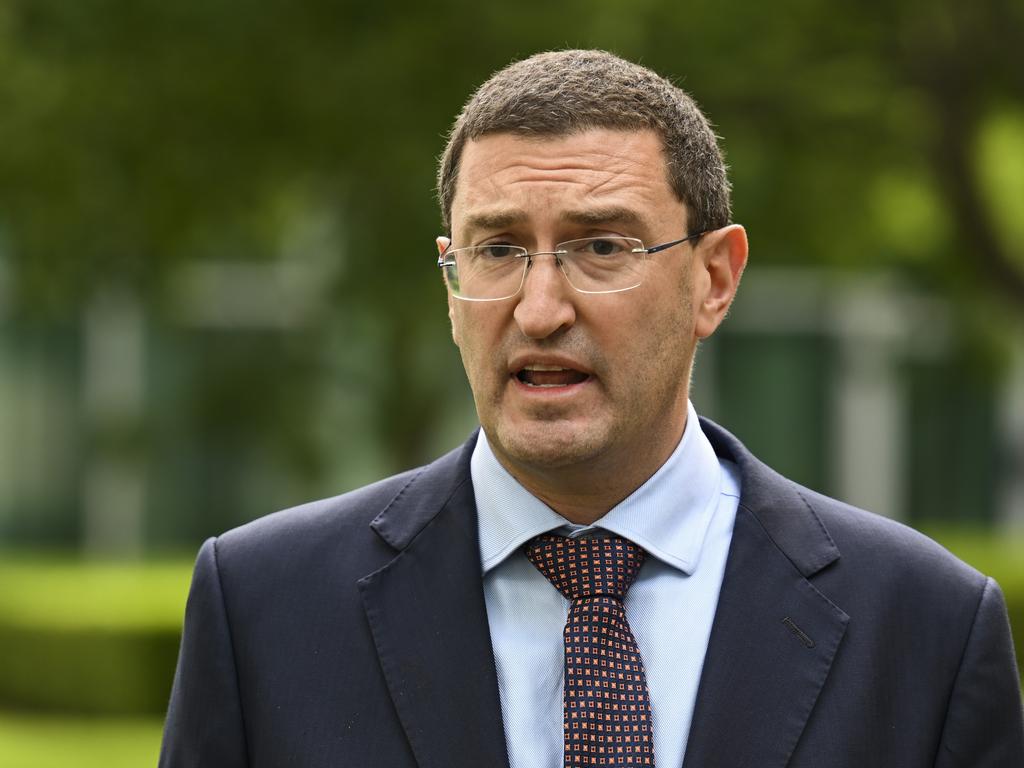Australian universities and civil institutions ‘should find voice of their own’
All universities and other civil institutions should use the Indigenous voice to parliament referendum to better involve Indigenous Australians in their own decision making, the University of Tasmania has flagged.

Universities and other civil institutions should use the Indigenous voice to parliament to better involve Indigenous Australians in their own decision-making, the University of Tasmania has flagged.
UTAS vice-chancellor Rufus Black on Wednesday said once the voice was established in the Constitution, “no civil institution” in the country could ignore it.
“As a nation, we clearly are reflecting deeply about the principle of having an Aboriginal voice,” Professor Black told a state parliamentary committee in Hobart. “The most important conversation now in the nation should be about that principle being embedded in the Constitution.
“But I think once you do that, it raises a question for every civic institution as to what does that principle mean for (its) decision-making? If it’s good enough for our federal parliament, surely that has implications everywhere and that principle holds true.”
Professor Black said the voice “should be fundamental to the shape of our Constitution” but also that it had “big implications” for all public organisations.
While vague about how his and other institutions could harness the voice into their own decision-making, Professor Black suggested this could be determined by an Aboriginal representative, set to be appointed to the UTAS governing council.
This looming appointment was just the first part of a “staged journey”, to be determined by Indigenous Australians. “It’s not for us to say what the exact character of that should be – the important thing is actually to strengthen the Aboriginal voice inside our conversations,” he said.
“We will use the process we have to find someone with the right qualities who can … help work with the council to design the next step of a process to ensure that happens well.”
Outside the parliamentary hearings, chancellor Alison Watkins told The Australian UTAS had a “deep commitment to voice, truth and treaty as expressed in the Uluru Statement of the Heart”.
“We recognise that this is an important aspiration of Indigenous Australians and expresses their commitment to strengthening our democracy,” she said.
“Our university is committed to working with Tasmanian Aboriginal people to ensure their perspectives are heard by us and actively shapes our organisation.
“It is a priority for our university to work locally and make sure the voice, perspective and wisdom of Tasmanian Aboriginal people is part of our governance. We are actively considering ways that we can achieve this objective.”
Dean Parkin, Yes Alliance campaign director, welcomed UTAS’s position, which follows a debate about most universities’ decision not to take a stand on the referendum.
“Many organisations seek direct input from their Indigenous staff and stakeholders and that’s always welcome,” Mr Parkin said. “There’s a deep well of positive stories from the corporate world and the local partnership level about how giving Aboriginal people a say on things that affect them has led to better results.”
Megan Davis, a UNSW constitutional law professor and co-chair of the Uluru Dialogue, told the Universities Australia conference in Canberra recently that universities’ refusal to take a joint stand was “false objectivity”.
Locally, Tasmanian Liberal Premier Jeremy Rockliff is a strong backer of the voice, promising to campaign for a Yes vote alongside Anthony Albanese and other state leaders.
However, the state’s Indigenous community has widely disparate views, with some groups supportive and others vowing to campaign for a No vote.
Vocal opponents include veteran Aboriginal activist and Aboriginal Land Council of Tasmania chairman Michael Mansell, who has told The Australian the voice is “purely assimilationist” and a “second-grade model”.
Additional reporting: Paige Taylor








To join the conversation, please log in. Don't have an account? Register
Join the conversation, you are commenting as Logout